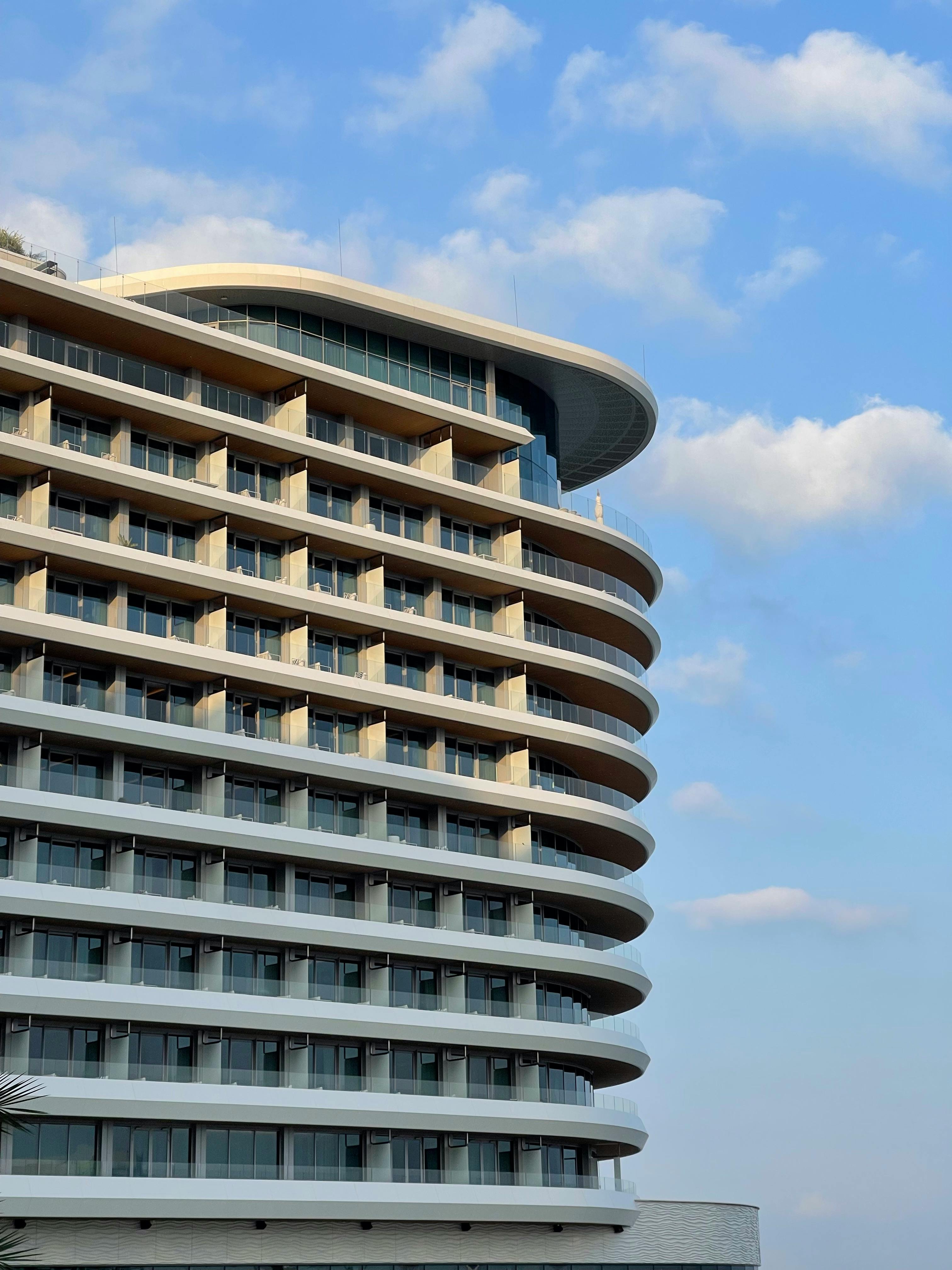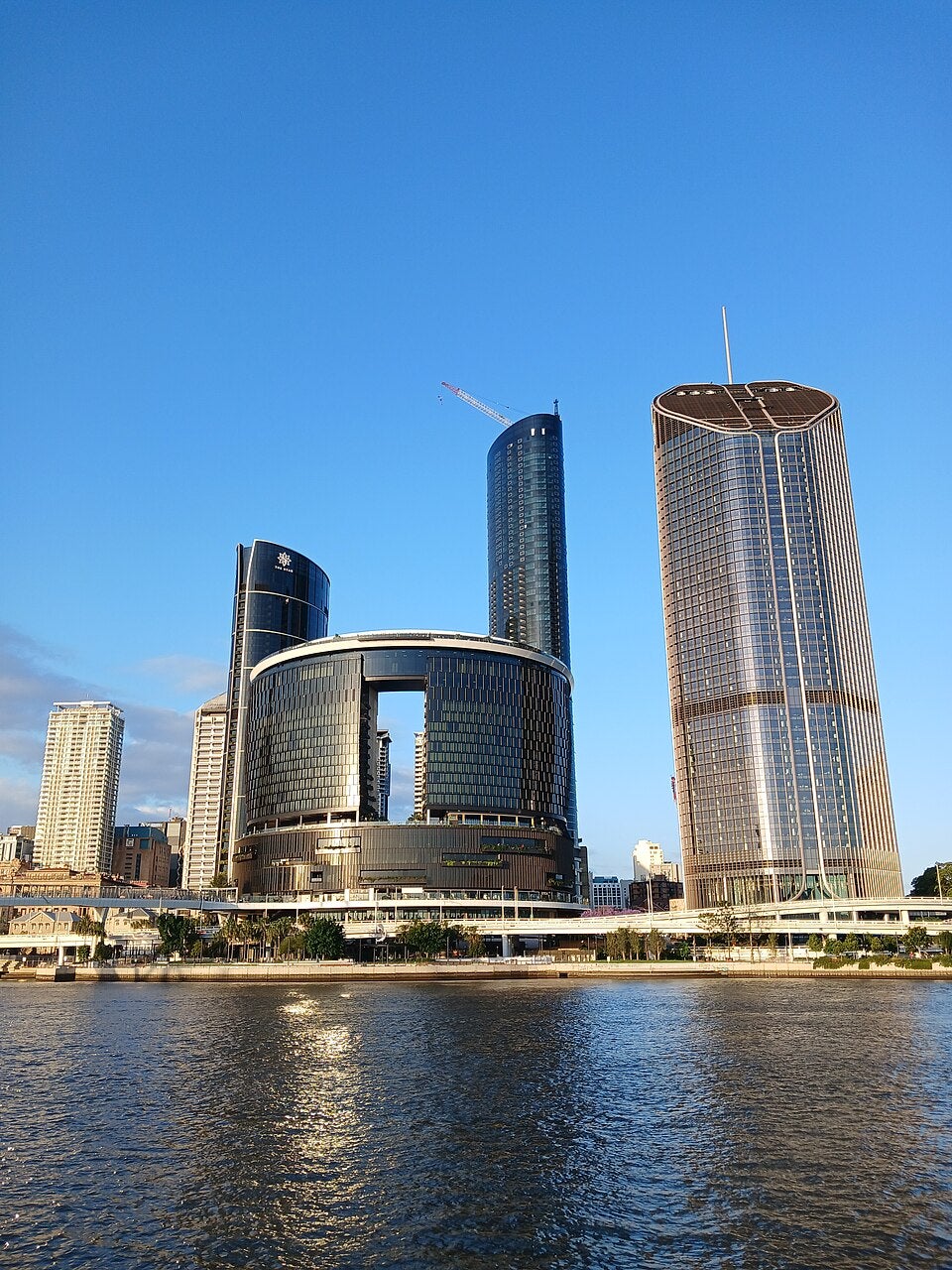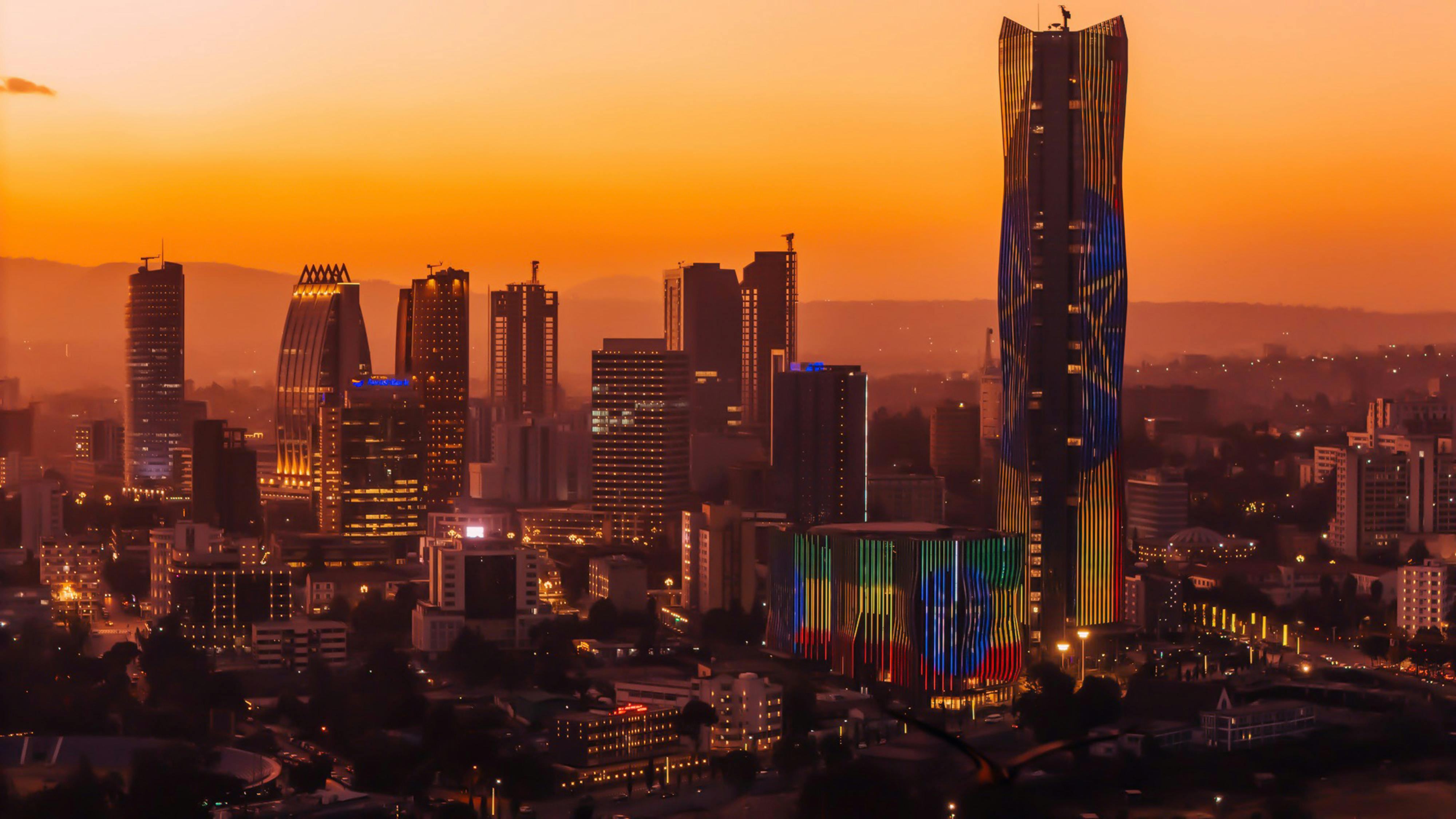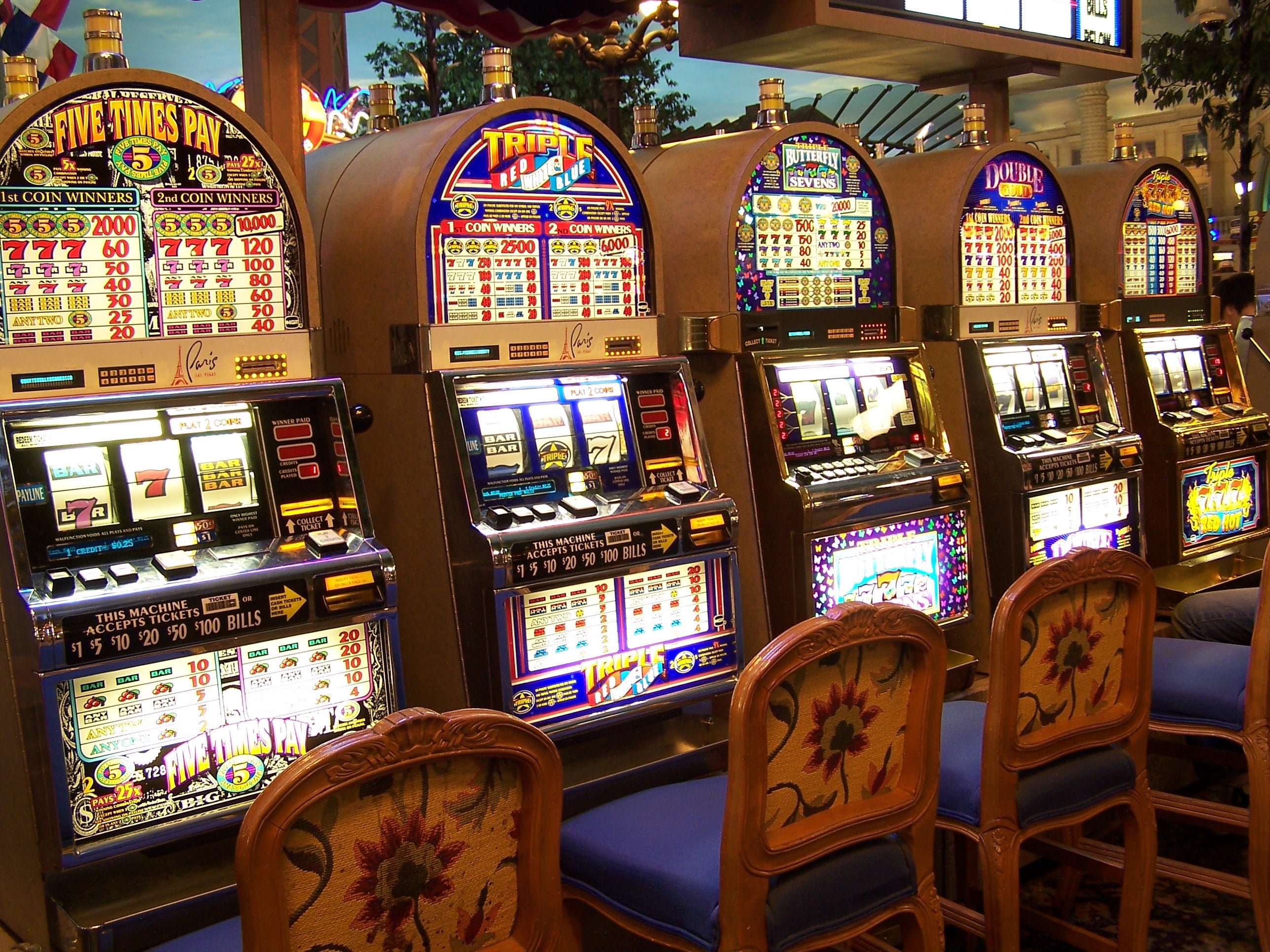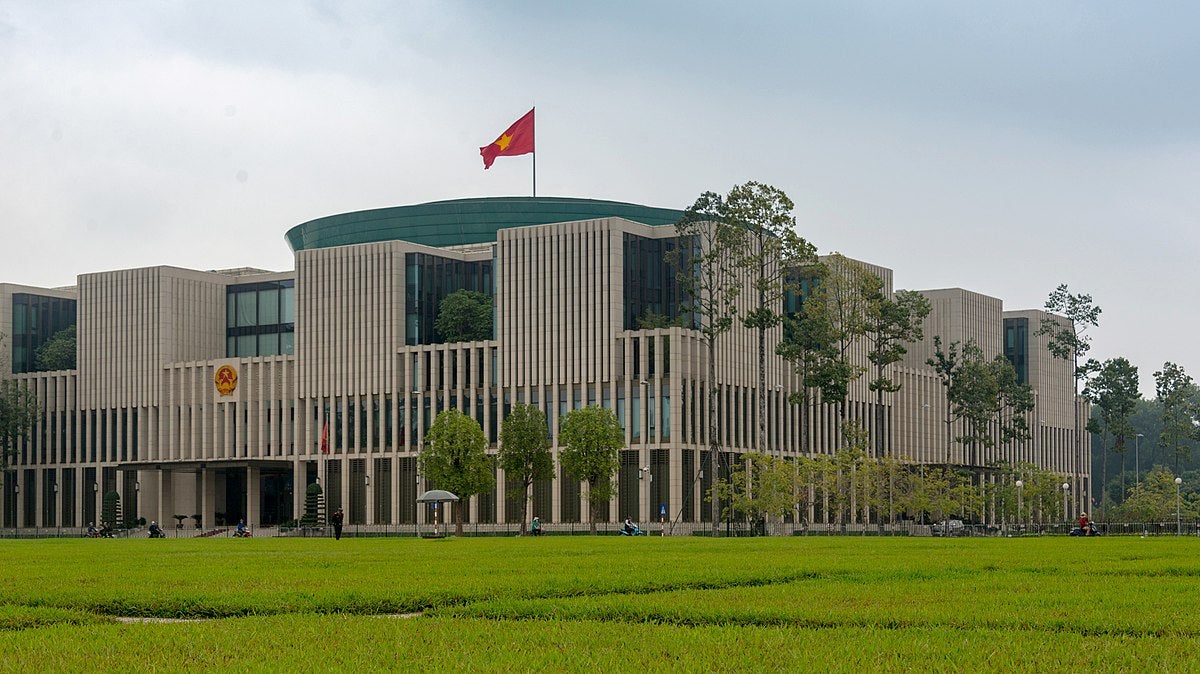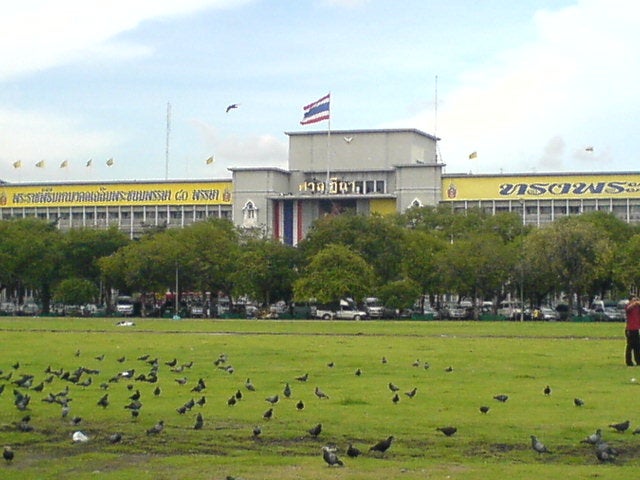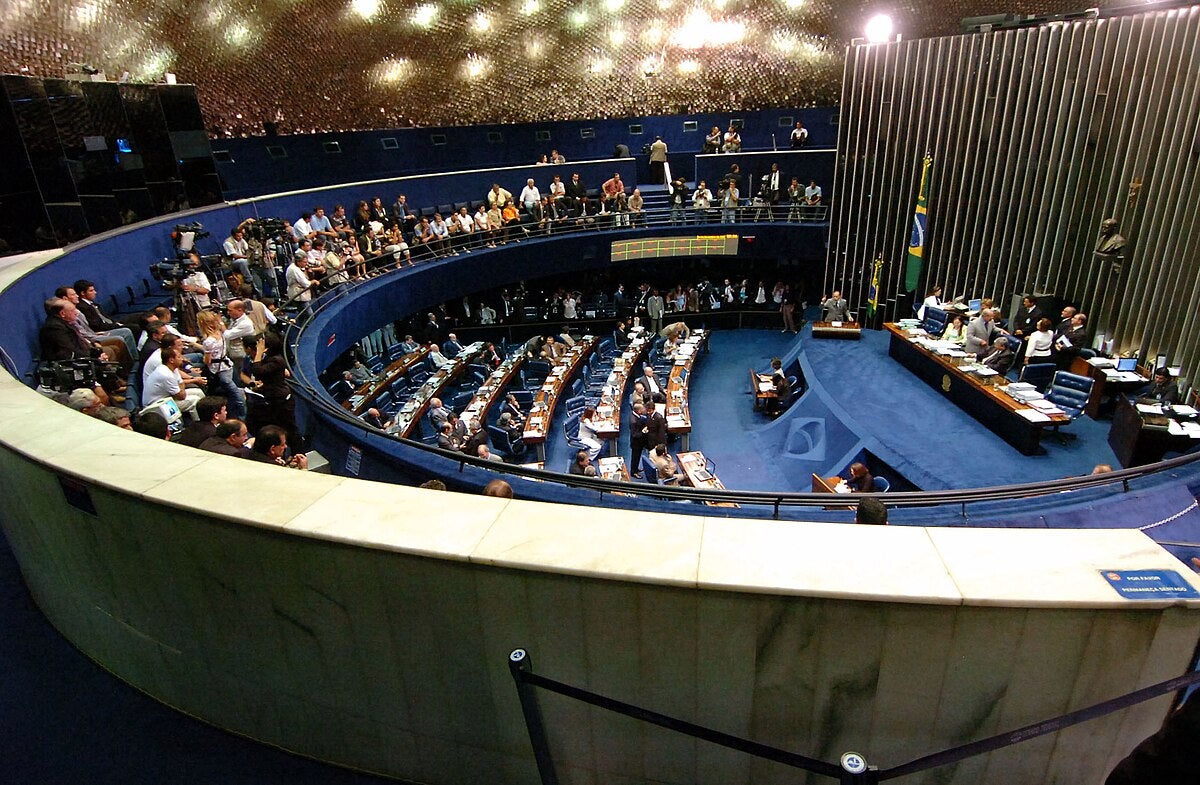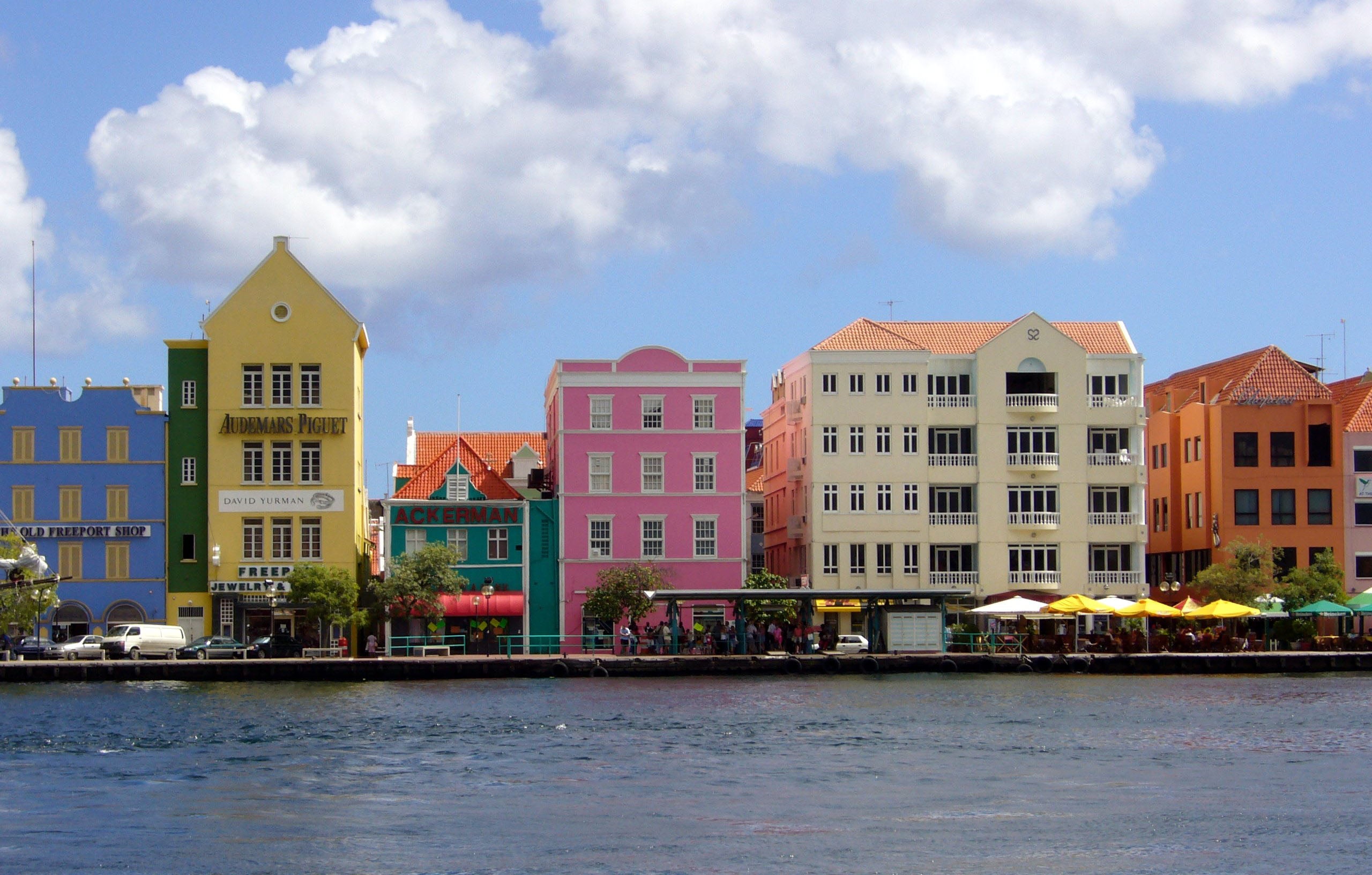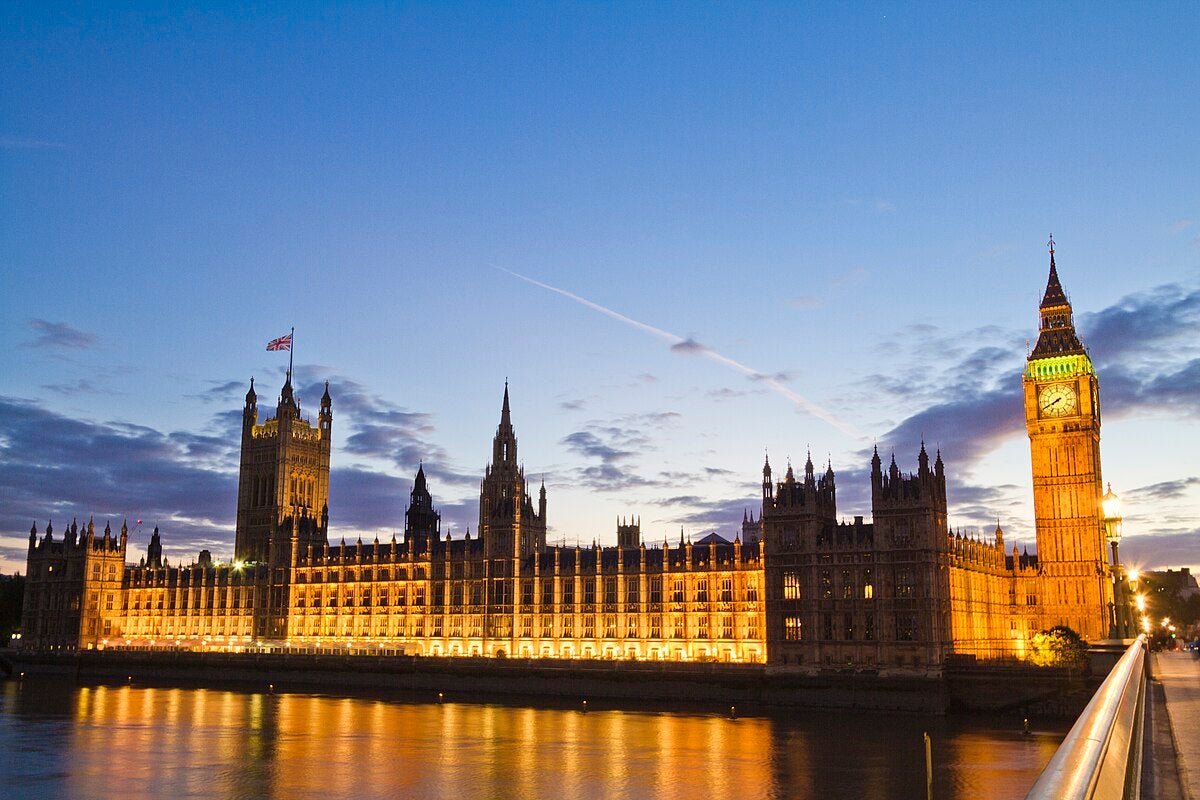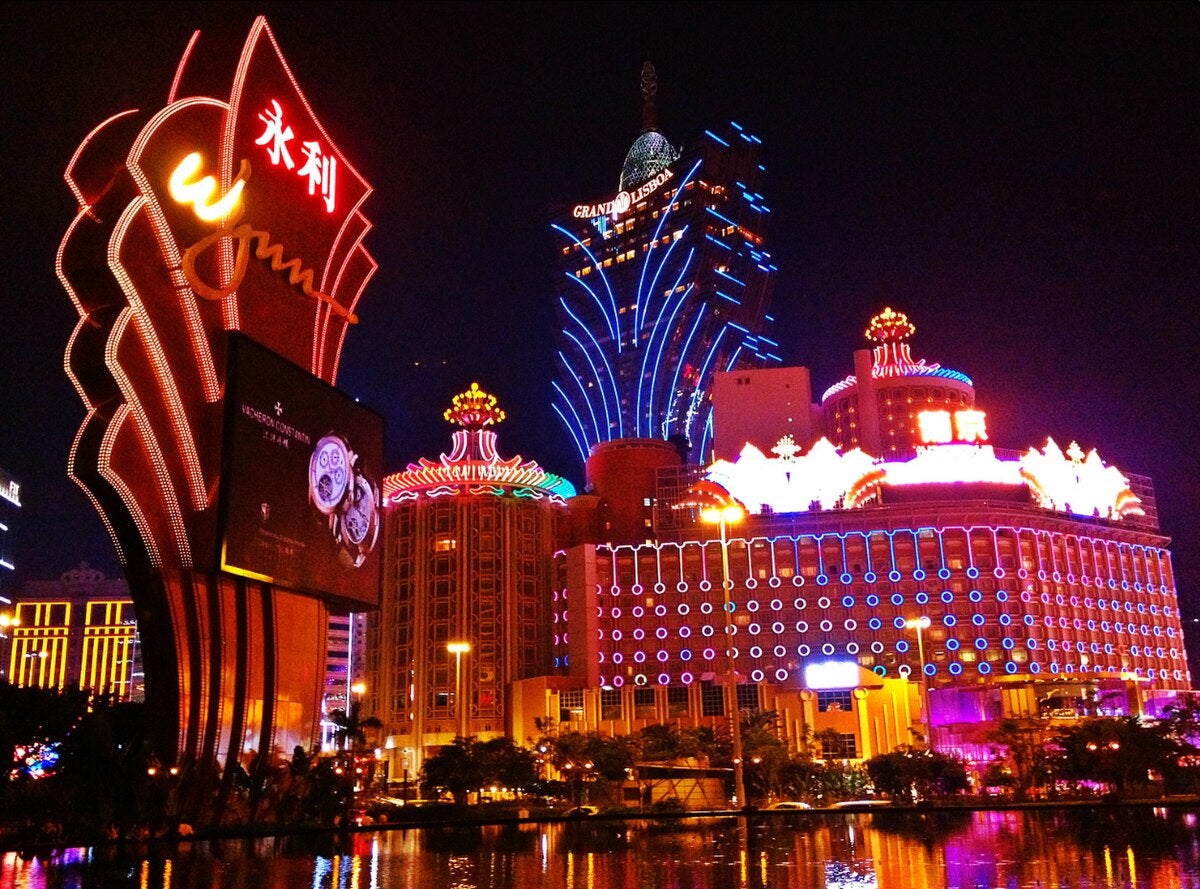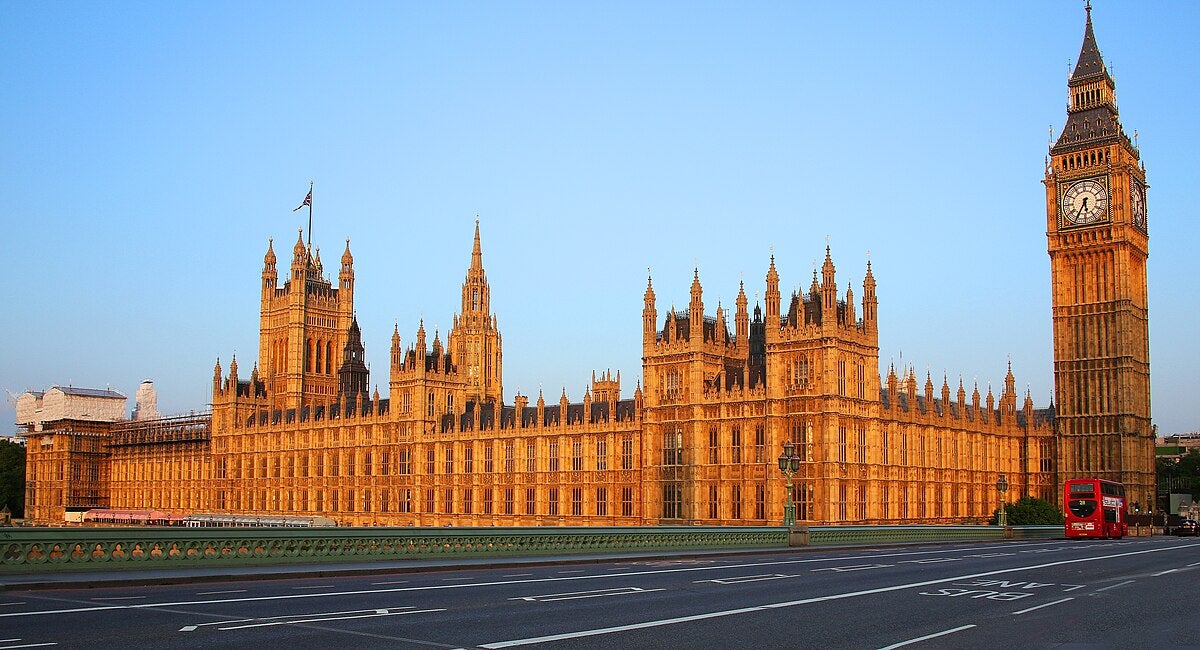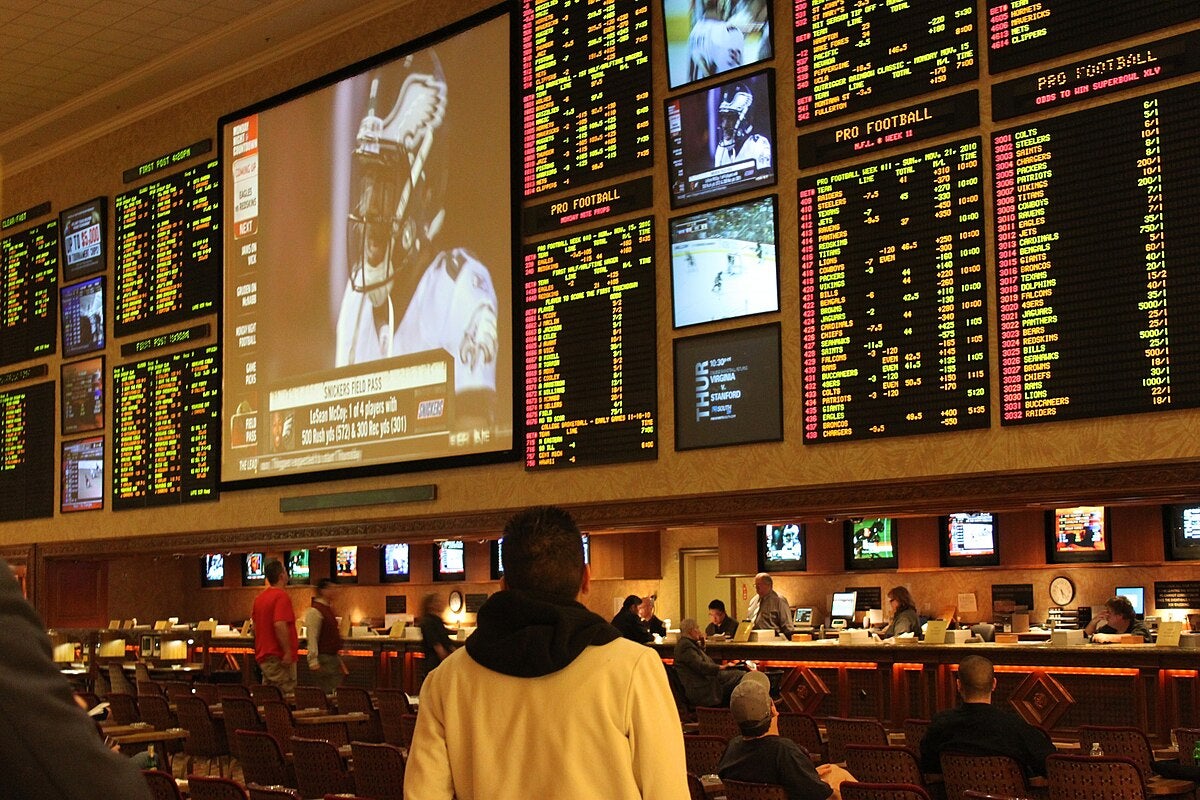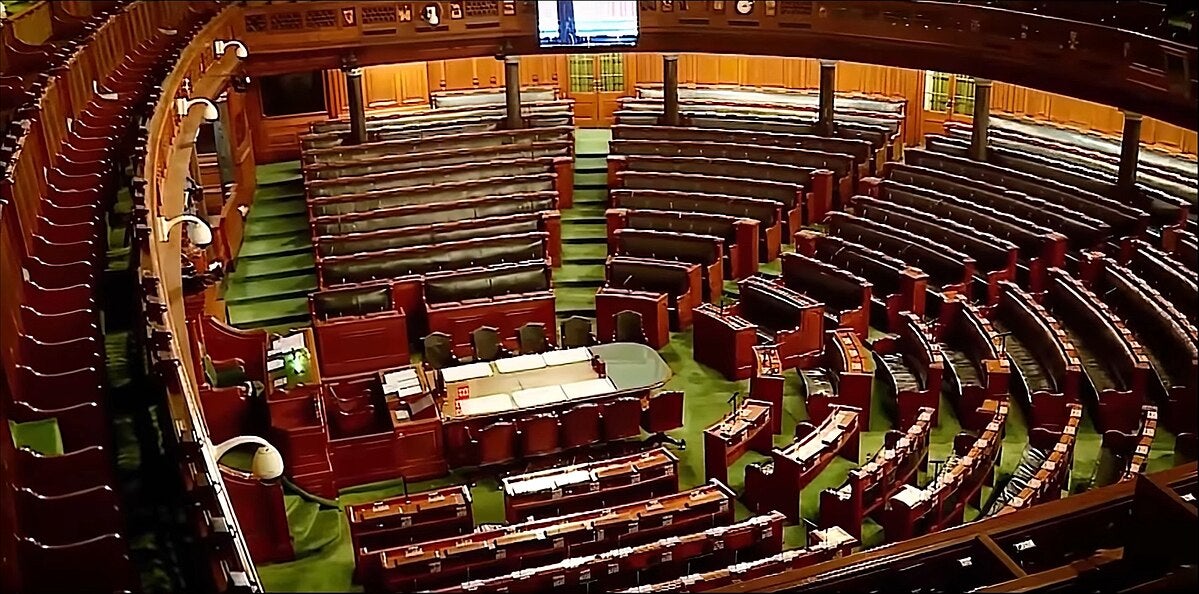Operator Performance
Seaport’s analysis projects a 9% compound annual EBITDA (Earnings Before Interest, Tax, Depreciation, and Amortization) growth rate for Macau’s gaming sector, linked to sustained revenue increases. “We continue to see Macau as a secular long-term growth market,” affirmed Umansky, extending the 7% annual growth forecast to 2030.
Galaxy Entertainment emerged as a leader, capturing 130 basis points of market share in Q2 with a 13% revenue surge and 14% EBITDA growth. These results were driven by its Capella ultra-luxury hotel launch and Galaxy Macau Phase 3 advancements. Phase 4’s launch in 2027 is expected to amplify gains.
Positive Recovery Momentum
Melco Resorts reported its strongest EBITDA in Macau since 2019, boosting market share by 70 basis points through enhanced operations at City of Dreams and Studio City. A 23% EBITDA jump underscores its recovery trajectory, though Seaport maintains its stock remains undervalued.
Despite a Q2 share decline by 20 basis points, Sands China anticipates momentum from Londoner upgrades and revived Venetian Arena events. The resuming of dividend payments is also likely to bolster long-term confidence.
Market Expansions
The Seaport analysis reveals shifting dynamics in global gaming markets, with MGM China achieving a quarterly market share gain of 70 basis points, the largest among Macau operators. Despite the momentum, Seaport downgraded MGM China’s stock to Neutral, citing limited near-term upside potential after recent gains. Meanwhile, parent company MGM Resorts faced similar scrutiny in the US amid slowing cash flows and capital commitments in New York and Japan.
The report highlights Macau and Singapore as significant gaming growth propellers, with Resorts World Sentosa and Marina Bay Sands pursuing multibillion-dollar upgrades. Wynn Resorts’ UAE Venture, set to launch in 2027, is also a major priority, diversifying the industry’s footprint.


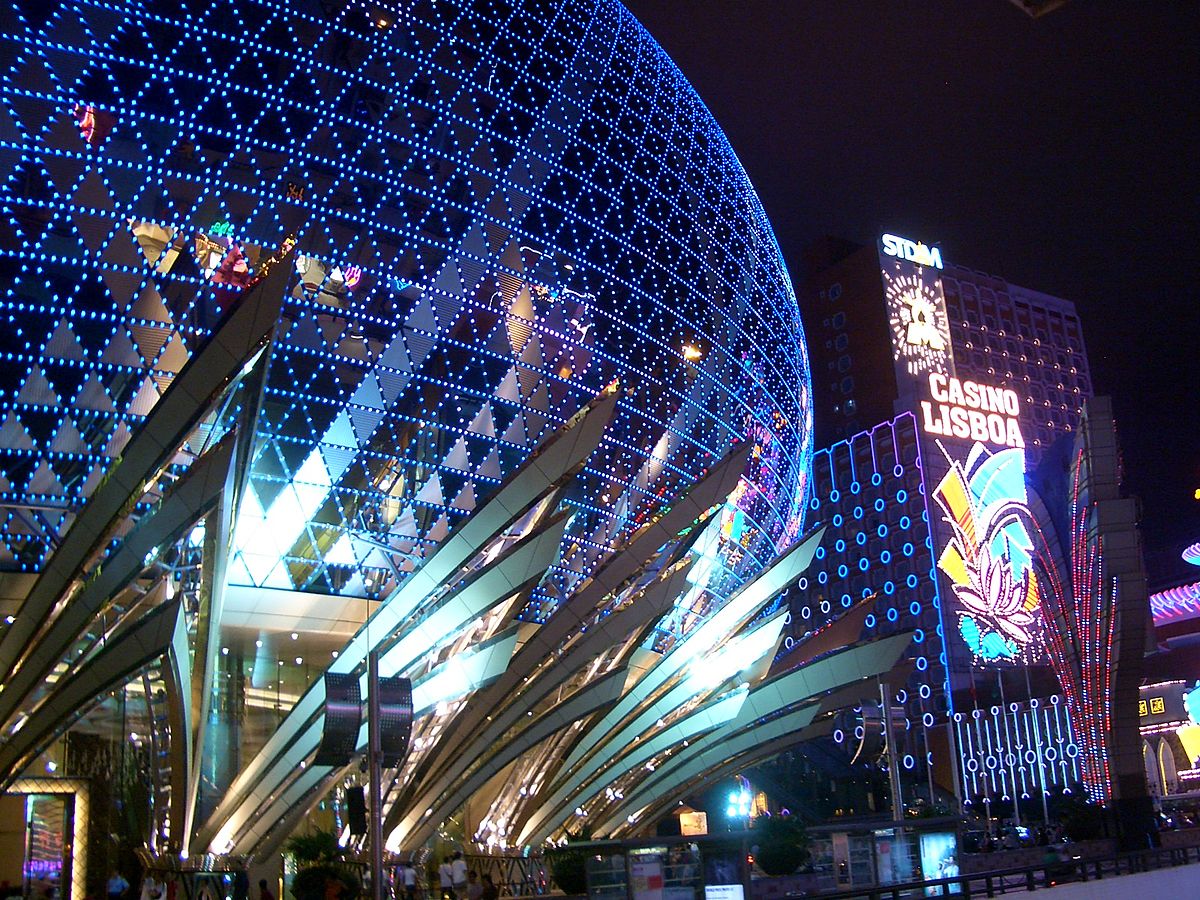

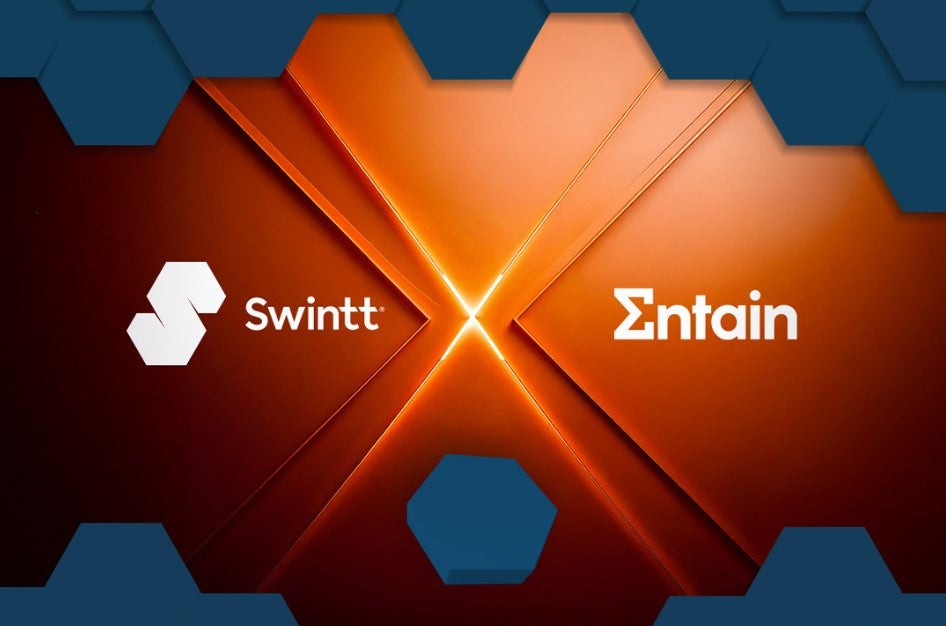

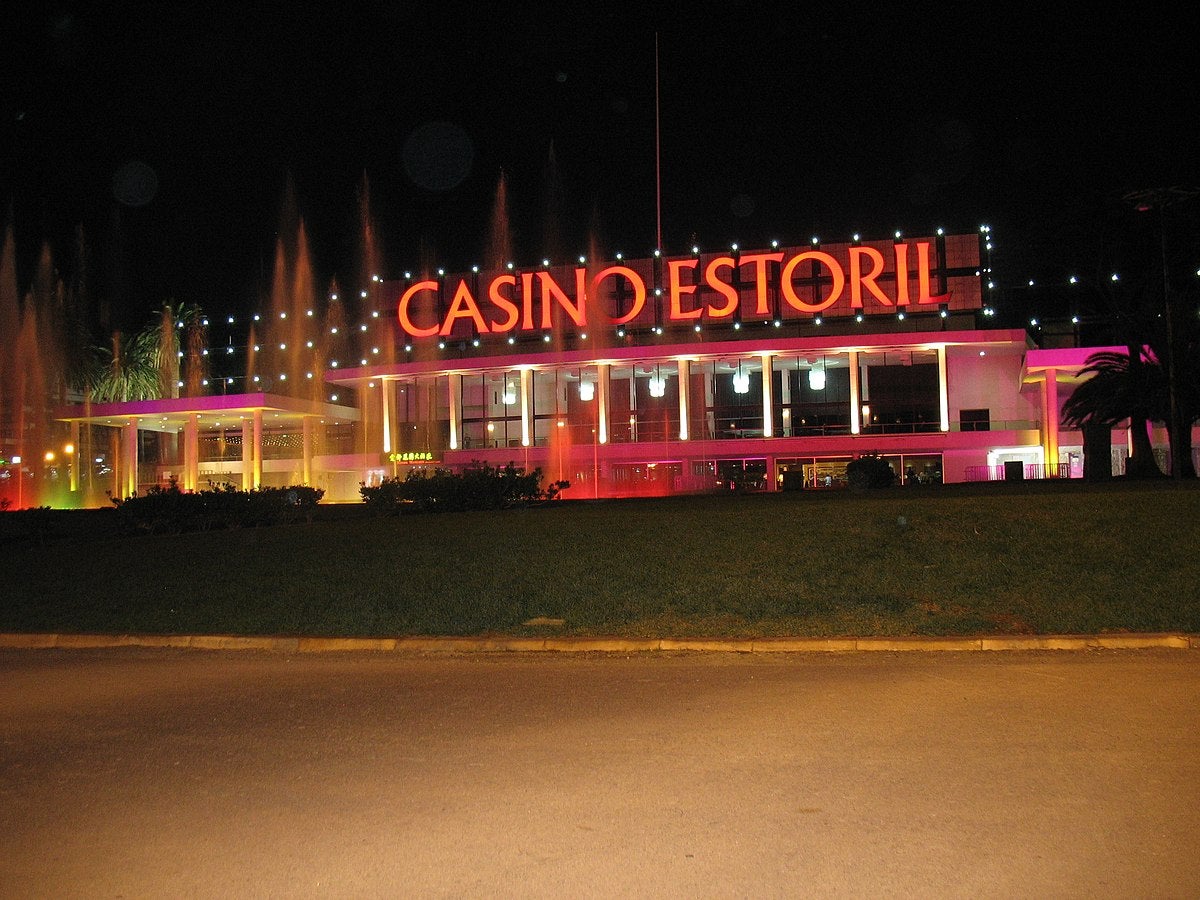




.jpg)

